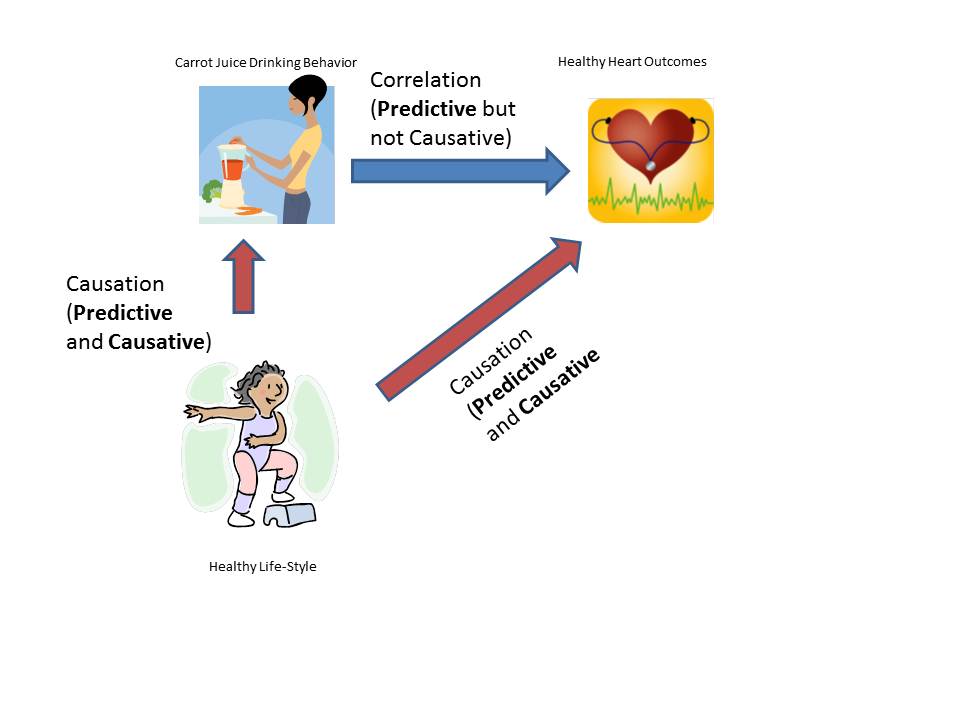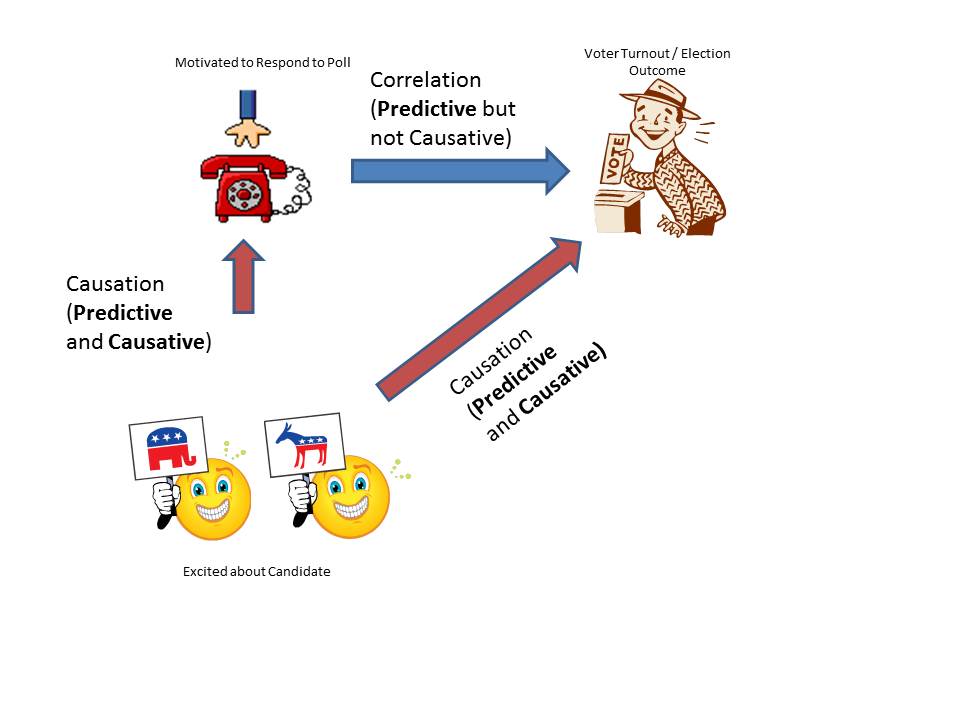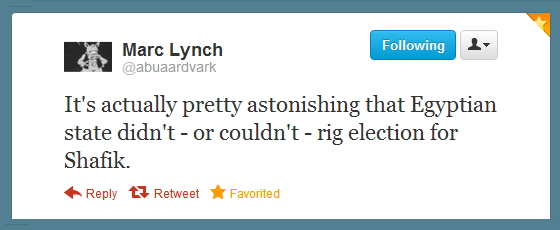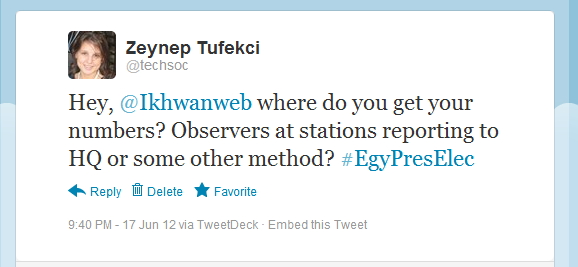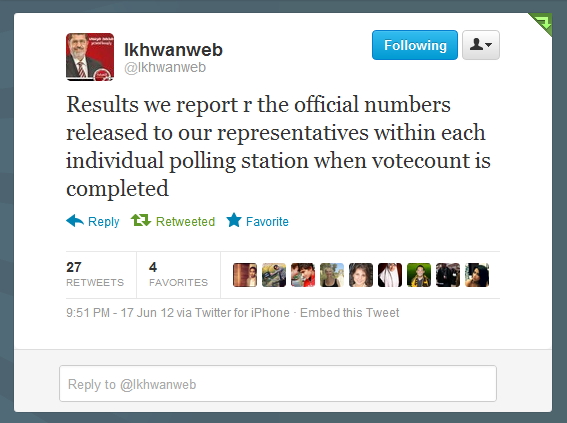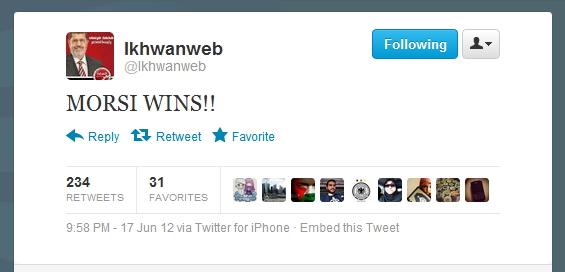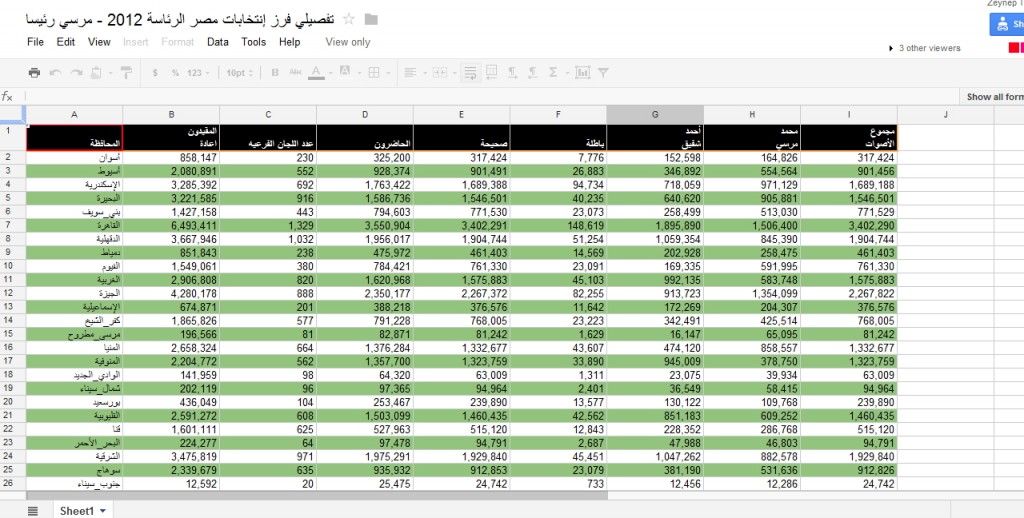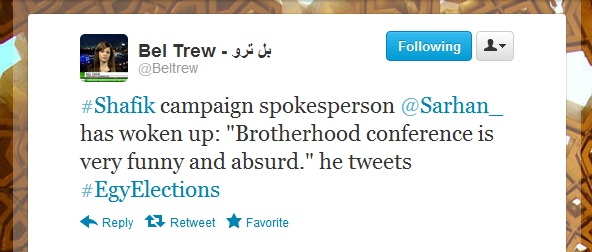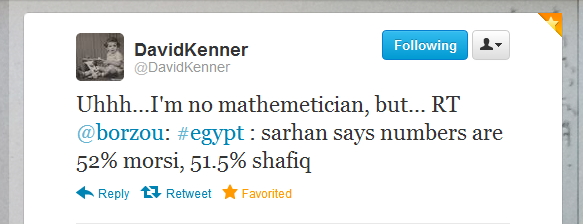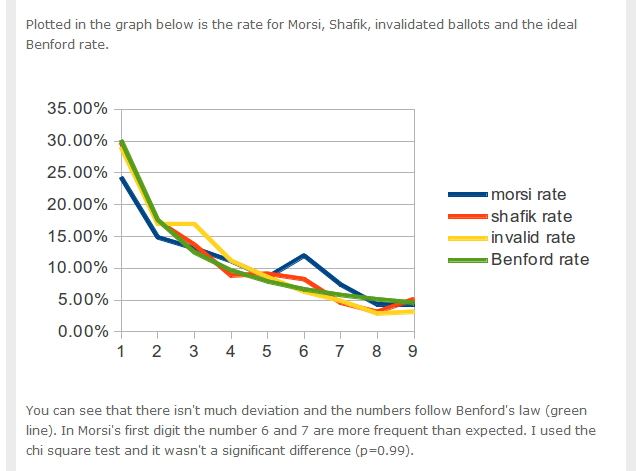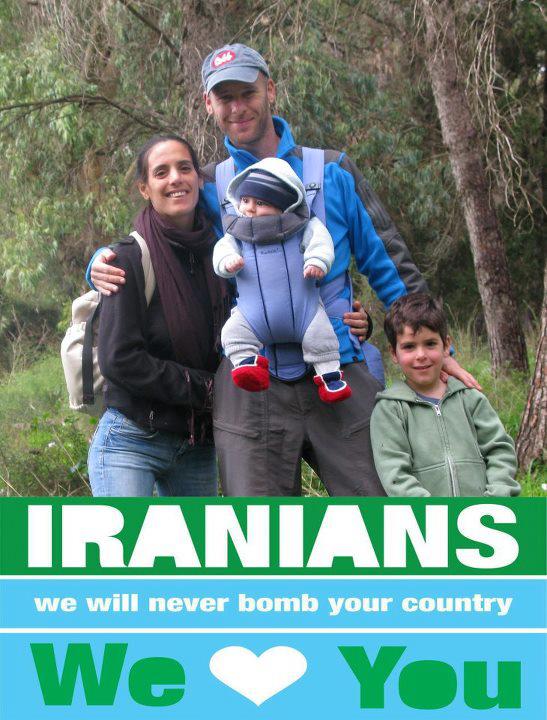“Nothing in biology makes sense except in the light of evolution,” goes the saying. Similarly, nothing in society makes sense except in the light of power. And that goes for speech, too. Speech, just like other freedoms, is an assertion of a right that naturally bumps up against rights of others—most commonly right to dignity, right to privacy, right to be free of violence and sometimes right to private property. Decisions and proclamations about which right (“naturally”) trumps when the right to speech bumps against other rights reveals something about the workings of power, privilege and status in a society. A series of recent event have made this extraordinarily clear. Let’s start with the easier one.
Reddit, one of the most popular sites on the Internet, one that bills itself as the “front-page of the Internet”, one that is owned by the media conglomerate Condé Nast, one that plays a key role for pushing many Internet memes to go viral and appear on broadcast media, and one that President Barack Obama chose to hold a “Ask Me Anything” session harbors, among many other forums, groups dedicated to sharing and distributing non-consensual “soft-porn” pictures of children and women. (If you were unaware of this, your jaw probably dropped right about now. Yes, this is really true and in fact, those were among more popular sections of Reddit. Such “sub-reddits” –forums– go under such sunny names as “creepshot” and “jailbait”). Children focused “jailbait” forums typically include photos of minors on a beach in splashing around in bathing suits, a youngster practicing gymnastics, students in school with the picture taken from a low-angle, from-the-behind etc. and are peppered with comments about genitals, looks and rape. The more adult-oriented “creepshot” forum typically include non-consensual “upskirt” photos of women’s crotches, breasts, as well private photographs that were shared with boyfriends, exes, being circulated for commentary and leering.
[Clarification in response to comments: In many, many ways, Reddit is a powerful and wonderful community. These forums are but one small portion of all the great conversations that go on there. Reddit’s influence and all the good that goes on there is exactly why I’m arguing the “live and let live” approach for this issue is wrong for Reddit as it is not a “neutral” stance; rather, that it empowers certain values (self-described creeps with interest in predatory behavior towards minors & women ) at the expense of others (rights of children and of women to be in public spaces). If you read through, you’ll see that my approach is compatible with a free speech stance.]
There have been multiple attempts, from within the Reddit community as well as from outside, asking Reddit administrators to ban these kinds of forums. After all, Reddit is a moderated community and it bans certain kinds of content. Why allow non-consensual exposure of women? [Added: In particular, Reddit bans “outing” of administrators by publishing their real names so Redditors clearly *do* recognize Internet actions can bring harms.] Why tolerate or defend this pornographic gaze on children? [Added: As can be seen in content I had already linked, Reddit recently banned “sexually suggestive content featuring minors” –after child-porn started circulating on the– site but instead of a real ban, it turned into a “don’t ask, don’t tell” as the same “creep” moderators were supposed to enforce the ban, and it is well documented that they did not really do so.]
Redditors [added: I mean Redditors who defend these forums, not all Redditors] typically respond with two points. One is that once you step in public, you have no expectation of privacy. You can already see the assertion of power this explanation—if you step outside your home, *we* have a right to take a photo of your child playing in the water or up your skirt and post it for sexual commentary. I can hardly think of a better way to exemplify an assertion of patriarchy. The second answer protecting these forums tends to be “well, it’s free speech.” And that’s one we’ve been hearing about lately and that’s the one I’d like to dwell on for a moment.
First, let’s point out that defenders of “absolute free speech” actually do understand that speech has power—and are more than ready to ban it to protect themselves. If you were following the story, you know that this all became a public brouhaha after Adrien Chen exposed the real name and location of the main editor of “creepshot” forum in an article in Gawker. All of a sudden, defense of “free speech” became a secondary concern for Reddit management and they banned linking to Gawker from the site. Leaked text of Reddit moderator chats discussing the situation make it very clear that even those who don’t think Gawker should be banned agree that the Gawker reporter did an awful thing. This deep hypocrisy in Reddit’s position that posting names of child predators [as it is predation to post pictures of minors for sexual exploitation] should be banned, but child predation should be protected by Reddit as “free speech” is so blatantly obvious that one could almost stop there (or read this great post by Lili Loofbourow.
Rather, let’s look at this as a good example for why “free speech” as an absolute value for any community that is not balanced by any other concern is at best an abdication of responsibility, and at worst an attempt to exercise power over vulnerable populations.
Let me start by pointing out that I’m not talking about the government banning Reddit or any speech but rather what the limits a community puts on speech assert –and there is hardly an Internet community that does not ban or discourage certain kinds of speech so the questions isn’t whether but what kind and what that says about the community’s values. In fact, if you read through, you’ll see that I’m concerned with protecting free speech of the vulnerable against the powerful. (Although I should add that I hope that judges consider persisting posting of sexually predatory photos of children as “probable cause” for searching hard disks and phones for pictures that do cross the legal line (see a case here).
However, the common equation between not wanting governments to regulate offensive speech on the Internet and the position “therefore everyone should be allowed to post whatever they want” is not just wrong, it is likely going to be the end of the kind of free speech we want to protect because sooner or later, most governments who do want to ban speech on the Internet for political reasons are going to be able to legitimately point at these sites and most parents and other sane people will come down for strong regulations on the Internet. Yes, I believe that these regulations will then be used to crack down on “unwanted” political speech but be assured that most people in the world, including the United States, will choose “less speech” criticizing the powerful if they are convinced that without such restrictions, there is no way to stop predation of children and violating women’s dignity and privacy from proliferating on mainstream sties. (There is high-quality poll data from the General Social Survey which confirms this–free speech as an absolute value is a minority position in the United States). It is up to the Internet community to make this a false equivalence and this requires that “but it’s free speech” is not the first, intermediate and last and only phrase we utter when faced with offensive or intimidating content.
Notice I said proliferating, not existing. Because the way power enters into this debate isn’t whether or not there will be creeps who wade through Flickr to find photos of children on the beach –surely there will be with or without Reddit. Indeed, a common answer to issues like this is “well, creeps we shall always have amongst us.” Indeed, that is true. However, the existence of child predators with or without Reddit is in fact a strong argument for shunning them from major sites, including Reddit. Allowing them to be part of the community is not an assertion of free speech, rather it is assertion by Reddit and Condé Nast of the right of adult men to sexualize children & violate women’s privacy through non-consensual exposure. It’s simple as that and you could almost stop there (or read this great post by Aaron Bady) That assertion of power needs to be met with another assertion: that we value right of women and children to be in the public without predation and intimidation. It’s assertion of one right over the assertion of the right to victimize.
The United States, for example, strongly favors banning speech when it violates property rights. Nothing will get your YouTube video taken down faster than a “DMCA” –copyright—complaint. “But it is about property rights, not speech” is a frequent answer to this simple point. But of course it is about limits of free speech when it hits other rights. It is about how to balance competing rights. US copyright law tries to balance “free speech” –the right to say whatever you want— against the right to ownership of ideas or creative products. And you can see it is an attempt at a balance as there are exceptions for fair use as well as expirations based on time of copyright.
Europe, for example, bans Holocaust trivialization or denial as well as some kinds of hate speech. Holocaust denial is criminalized in Europe because it is seen as valuing prevention of another genocide and honoring the victims as more important than someone’s right to deny the Nazis systematically murdered millions. I personally do not even agree that this is a good restriction at this point in history and have long argued with European friends about this–but I see its logic and I present it as an example.
One problem with discussing speech on the Internet is that one gets told “well, if you don’t like it go elsewhere.” I also hear this with privacy violations of major sites—if you don’t like it, go elsewhere. As I’ve repeatedly tried to explain, this, too, is an assertion of power. Due to network effects, Facebook, for example, is fairly mandatory for college kids –it’s like having a phone is in modern societies, there is much you can’t get done if you don’t have one–and the ability to reject Facebook profile of some kind is often the privilege of those who are rich enough in social capital and would be very costly for most regular kids. Having these “creep” forums exists on Reddit, an Internet powerhouse, is similarly an assertion of power and it is one reason that I tend not to go there—not because I’m easily offended but the idea of a forum that even incidentally protects child predation disturbs me too deeply. However, being preyed upon by Reddit or Internet creeps has an effect not just an individuals (see one case of a teenager here) but on all of society because one of the functions of public speech is to set public norms of what’s acceptable—Internet is a powerful norm-shifter.
Indeed, “norm-shifting” function of the Internet is one of the reasons it has proven to be such a threat to authoritarian regimes. I’ve heard this repeatedly in interviews and casual conversations in Egypt, Tunisia and elsewhere in Middle East and other authoritarian states. It’s not that the Internet allowed people to necessarily decide what they privately thought—many already thought Ben Ali was corrupt and that Mubarak should go—but there were strong norms, backed by repression, which is another assertion of power, against articulating these views. Everyone held these views privately and did not know whether they were a minority or not (a situation political scientists call “preference falsification.”) That said, those unhappy with the status-quo were in fact majority and young people (the “Facebook generation”) helped expose that by shifting norms about publicly acceptable speech about the regime. They openly pointed out lies, exposed torture, criticized cronyism, and called for change. Over time, it became more and more acceptable to make this assertion in public and this fundamentally transformed public sphere laid the ground for social change. Letting these creep forums exist on powerful Internet hubs also contributes to norm-shifting in a way that I don’t think anyone can argue is desirable or has anything to do with promoting free speech as a value. Freedom of speech includes the freedom to assert that victimization of children and intimidation of women is not strongly, strongly frowned up.
Another common fallacy in arguments about free speech (and technology is general) is the need that we must equally accept all developments that are two-sides of the same coin or a shared affordance of particular technical infrastructure. “Norm-shifting” is obviously a good thing when it is about making it acceptable to criticize corrupt autocrats; it is obviously a bad thing when it is about preying upon children or violating women’s privacy. The fact that both are made possible by similar socio-technical infrastructures does not in any way imply that we, as societies, should just throw up our hands against the latter merely because we favor the former. Technology is not our overlords, and should not be. The fact that both outcomes are enabled by the same technology means that we should be even more vigilant to socially, culturally and ethically try to push back against the negative side. (Again, not pushing back is not neutral; it is a statement of priorities and power in society). Otherwise, there are two possibilities. One is that we will sink lower and lower as it becomes more and more normalized to prey upon children and violate women. Second is that most people will have enough of it all and will side with shutting the whole thing down—led by governments who are more interested in shutting down the parts that threaten their power.
Another variant of the argument has been that “it’s just the Internet.” Chill. This, of course, rests of on something I’ve long been railing against, the notion that the Internet is somehow not real, that it’s virtual or that it is “trivial.” (My friend Nathan Jurgenson coined the phrase “digital dualism” to refer to this tendency). In fact, a reddit contributor makes the argument that Gawker, by publishing the real name and location of the person behind “creepshot” did real harm they have “purposefully taken this off the internet and into real life” and this affects “violantacrez’s future employment and immediate safety.”
“JoelDavis” on Reddit: The reason that axiom [It’s Just the Internet] has taken hold is because the idea is that even if a website gets bogged down in even the worst trolling imaginable, all you have to is realize the website’s no longer worth going to anymore and stop going. Problem solved. With this, a formerly anonymous reddit user has to worry about physical attacks in real life by someone who would view a person like that as a target. In other words, Adrian Chen has purposefully taken this off the internet and into real life so it’s no longer “just the internet.” This affects violentacrez’s future employment and immediate safety. All so Chen could make some money, and no other reason.
This snippet is very revelatory in how it reveals how the construction of what is real, trivial or virtual is indeed an assertion of power & privilege. “JoelDavis” considers predatory photos of children to be “just the Internet” but a person’s name –just their name linked to real acts they committed—to be “real life.” (I again refer to Lili’s great post about what this reveals).
This stance of “it’s just the Internet” is basically relegating the children preyed upon into the “virtual” realm. They just aren’t real enough to count while Reddit moderators are so hyperreal that exposing their mere name is a grave violation. In fact, digital dualism often surfaces as this kind of “power assertions” when gatekeepers and already-powerful who have access to broad publics trivialize self-expression on the Internet (“it’s just cat videos”), never miss a chance to put down Twitter (“it’s about what you had for lunch”), or consider social interaction on Facebook to be unreal compared to “real life” interaction. In reality, of course, the Internet is many things and there is nothing wrong with cat videos, Twitter is a powerful tool for taking part in the public sphere as well as sharing what’s good for lunch, and Facebook is an integral part of social interaction for many people not just because it’s convenient, but sometimes it’s the only way to keep in touch.
Let me briefly discuss the harder case, the anti-Muslim video that sparked off protests around the world. Many commentators in the West have pointed out that the Muslim world seems to be too easily offended and it is ridiculous to hold protests over a two-bit, clownish attempt to insult. I’d like to assure everyone that many, many, many commentators in Muslim public sphere have pointed out the same thing and have appealed for sanity, tolerance and ignoring of cheap provocations. So, most people on either parts of the world are on the same page there.
But there are a couple of important points that commentators in the West are missing. One is something I’ve written about elsewhere (See here) —to people growing up in restrictive, limited public spheres, and those who look at Europe’s extensive hate speech laws, the notion that this video was at least implicitly approved by the government of the United States is not as illogical as it seems to someone in the United States. I’ve had to explain the unique first amendment framework again and again in the past few months to sane, peaceful and tolerant people in the Middle East who wondered about the video’s legality.
But there is another important side to this. While the Western countries only see a blasphemous video, many people in the Middle East also see hate speech that dehumanizes them and helps justify actual violence upon their lands and their people. And this is an understandable position because of two acts by the Western public sphere in an one-sided exercise of power and assertion of privilege: 1- Ignoring the Iraq War as soon as the preponderance of US troops left; 2-Ignoring most of what’s going on in Afghanistan including the drone strikes that the few independent observers able to get into the area claim are killing many, many civilians and terrorizing the population. Hence, portrayals of Islam in the United States public sphere are a legitimate cause for concern for anyone who lives in these regions. The differences in the public spheres are quite striking. Whenever I go to the Middle East, people bring up the Iraq War. The lies, the lives lost, the destruction and the aftermath… It hardly ever comes up in the United States… Ever. It is as if we believe electing a different president allows us to say that it is over as far as we are concerned—regardless of whatever else it may have caused. This is a blatant assertion of power and privilege.
Note that I am not calling for banning blasphemous speech because a minority in the Muslim public sphere takes them as a reason to protest (indeed, the anti-Muslim video protests were relatively small and it is increasingly clear that the attack on Libyan ambassador was a paramilitary assault, not a protest gone awry). This isn’t about a “heckler’s veto”, but a call for understanding that dehumanization of Muslims is indeed a form of intimidation given our very recent history and our current military engagement. Anti-muslim hate speech should be evaluated within that context (and distinguished from criticisms –even blasphemous criticisms—of Islam).
What to do? The same ability to shift-norms can be turned around. A case in point is the backlash against the outrageous “Muslim Rage” cover by Newsweek. This kind of demonization of Muslims by picking a close-up photo of the “Bearded Zombie Muslim Apocalypse” as representative of a billion people is fairly common in Western media and, again, it should be evaluated in the context of recent history in which reckless wars resulted in deaths of hundreds of thousands of people. There was, however, a strong backlash by Muslims who took the hashtag suggested by Newsweek, #muslimrage, and turned it into an ironic, pointed and sometimes hilarious Internet meme. Some US media ran with that as well (See here and here). Many people in my social media timelines shared the funniest tweets and it became a way to diffuse the situation.
Unfortunately, that Newsweek cover will be on every checkout counter while only a small proportion of American people are exposed to Twitter or sites that point out the absurdity treating a billion people with great amount of diversity as three bearded men run amok. (This is not a minor matter—the Stanford/NYU researchers have compiled a report about drone strikes where they claim that the Obama administration “in effect counts all males [killed] in a strike zone as combatants.” If true, this is a striking example of the drastic consequences of dehumanization.)
The real problem for most people in the Muslim public sphere isn’t the blasphemy; it’s that they feel dehumanized and discounted. *Perception* that they are not, that a public out in the West is trying to reach out and listen to them –and understand their grievances with Western policy– goes a long way in diffusing some of these tensions. That is why this kind of pushback we saw with #muslimrage is very valuable –and also maybe, just maybe, recognizing that the Iraq war is not some distant past that we can conveniently ignore because we’d rather not talk about it anymore and that the drones flying over Afghanistan isn’t just their problem but should be open to scrutiny and criticism from people here as well would go a long way in diffusing such tensions.
Similarly, there is a vocal portion of the Internet culture/meme powerhouses such as Reddit that insist on their right to misogyny and predation of children. I understand that they exist out there, with or without Reddit, and with or without the Internet. But surely, the Internet communities that can do so many wonderful things when motivated can also norm-shift against child predators and creeps. They can be told to take their forums elsewhere. Their forums can be flooded by outraged netizens who question their ethics. Administrators of Internet sites can tell them that their link traffic isn’t worth the pain they cause in the world (because the Internet is not virtual, it is part of the world and the pain is real). Twitter is a good example—it used to be flooded with pornbots. My subjective sense is that it no longer is (though I am sure the fight is ongoing). [There was an article explaining this I can’t locate at the moment]. Mainstream sites should attempt to moderate their comments sections or set up some mechanism by which there is a way to stop it from being flooded by intimidating speech.
Again, I’m not talking about banning everything offensive. Not at all. I’m calling on major sites on the Internet to assert that in this community, we affirm the right of people to exist in an environment that is not hostile to vulnerable populations over the right of people who claim that their right to prey upon children trumps all other rights.
If the Internet communities act with conviction, governments who want to use this kind of “creep forums” as an excuse for broad restrictions can be told no, thank you. These creeps probably can’t be banned completely off the Internet without great damage to the other wonderful things that the Internet allows, but they can be banished from the powerful mainstream sites that many of us visit every day. These sites ban all kinds of speech to promote a certain kind of community, why not this, too?
And this should concern all people actually concerned with protecting free speech the way it is meant to be—speech of the weak against the powerful, not a convenient excuse about their right to victimize and intimidate. Otherwise, I assure you, majority of people on the planet are going to side with their governments if the only choices they are presented are non-governmental interference but a proliferation of vile “speech” on most mainstream sites, or the heavy-hand of the government that, non-coincidentally, will first come down upon dissent and challenge. That is what non-action will get us and real free-speech advocates should take this very seriously.

